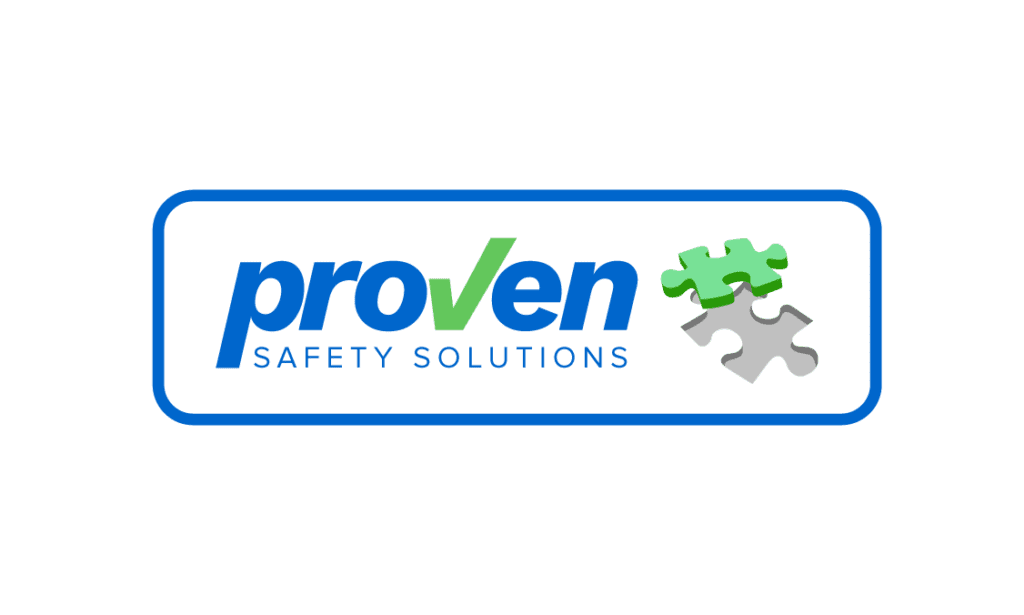Managing your risk is your first obligation.
If you have been waiting to see the outcome of the coronial inquest before you act on safety, that is a mistake!
The laws in QLD already spell out your obligations as an Officer of a Person Conducting a Business or Undertaking (PCBU) so a significant incident could land you in court any day if you are not meeting your obligations already.
Section 27 of the Work Health and Safety Act 2011 is very clear about your obligations as an Officer. Do you know what they are?
An Officer of the PCBU must exercise due diligence to ensure that the PCBU complies with a duty or obligation. As an Officer you must ensure you are across what is happening with regards to safety and question those who are managing safety on your behalf. Responses to issues should be noted, objectives should be reviewed and minutes regarding reasonable steps to respond to issues should be taken. As an Officer to demonstrate diligence you need to:
- acquire and keep up-to-date knowledge of work health and safety matters; and
- gain an understanding of the nature of the operations of the business or undertaking of the person conducting the business or undertaking and generally of the hazards and risks associated with those operations; and
- ensure that the person conducting the business or undertaking has available for use, and uses, appropriate resources and processes to eliminate or minimise risks to health and safety from work carried out as part of the conduct of the business or undertaking; and
- to ensure that the person conducting the business or undertaking has appropriate processes for receiving and considering information regarding incidents, hazards and risks and responding in a timely way to that information; and
- ensure that the person conducting the business or undertaking has, and implements, processes for complying with any duty or obligation of the person conducting the business or undertaking under this Act; and
- verify the provision and use of the resources and processes.
Your key obligations are underlined in each paragraph above. You will note that each obligation above is in addition to the previous obligation.
You must demonstrate you are doing all of them to be considered diligent.
What Officers Need to do
Effectively, if you own or lead a business you will delegate safety to someone at some time. Day-to-day business can be tough, not everyone is at their best every day, or maybe your people do not have the best opportunity to put your obligations first. Delegation does not remove your primary duty of care.
A contract issued to a worker that delegates safety responsibility will not protect you from prosecution as an Officer. You may have people working for you who oversee various parts of safety or who lead safety on your behalf.
You may get regular reports and information about how well safety is being managed. Ask yourself, are the reports objective and independent? Are the reports written by the same people the reports are written about?
How objective and independent is this information when it really comes down to it?
In every business we hear about the reasons why things go wrong after an issue arises but with safety you need to find out before the issue arises. Start today by doing two simple things:
- Request an independent review of safety in your business; and
- Acquire and keep up-to-date with safety matters by attending our Company Officer awareness sessions.
As an Officer of a PCBU your obligations are not transferable and you may have obligations to workers of another PCBU. Take a moment to reflect on your needs and the needs of your business. As an Officer how do you check that safety is being managed appropriately and how can you be sure the obligations of the PCBU are being met?
Don’t wait, it’s not worth it!
Read more about the Author of this article here.








